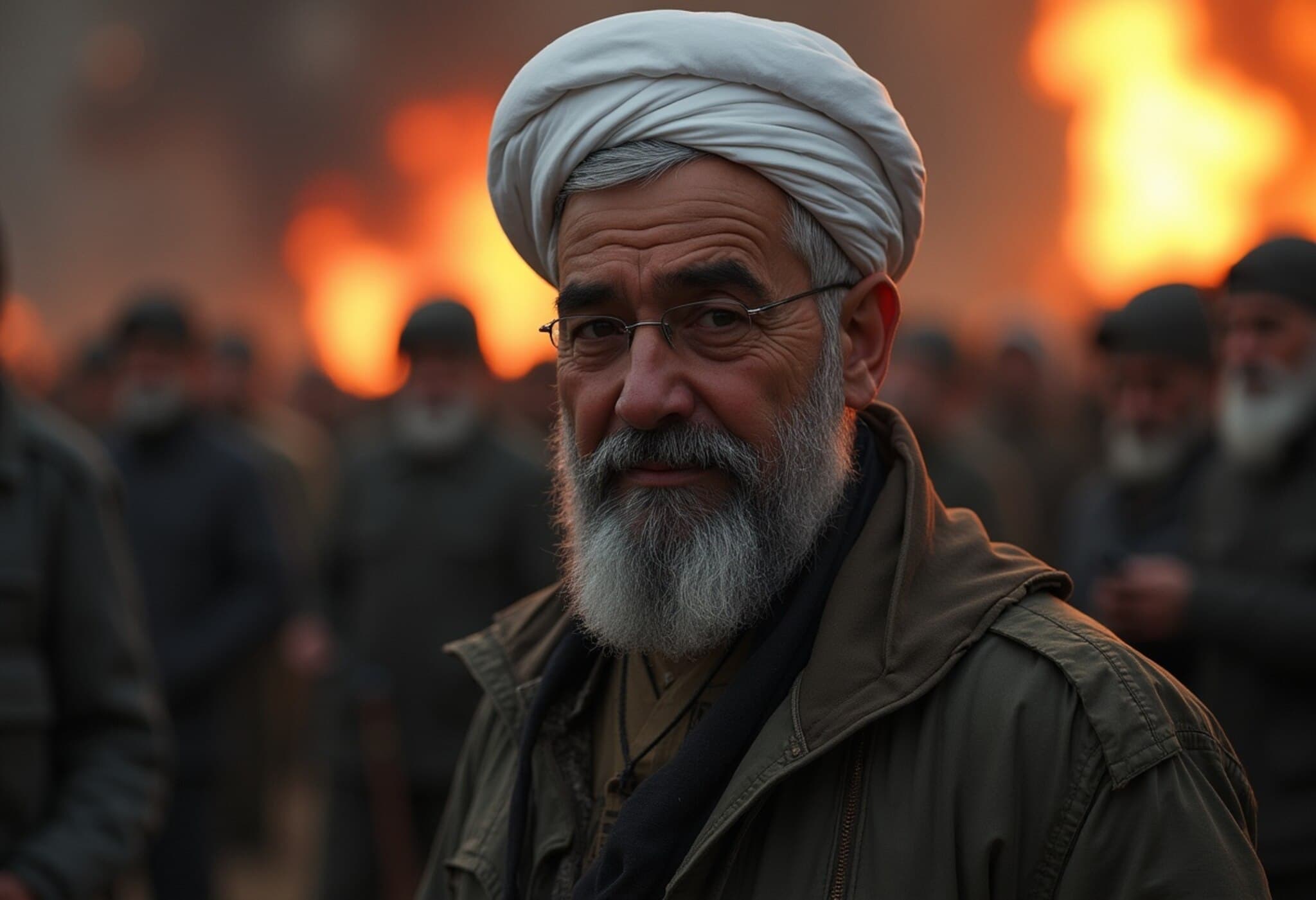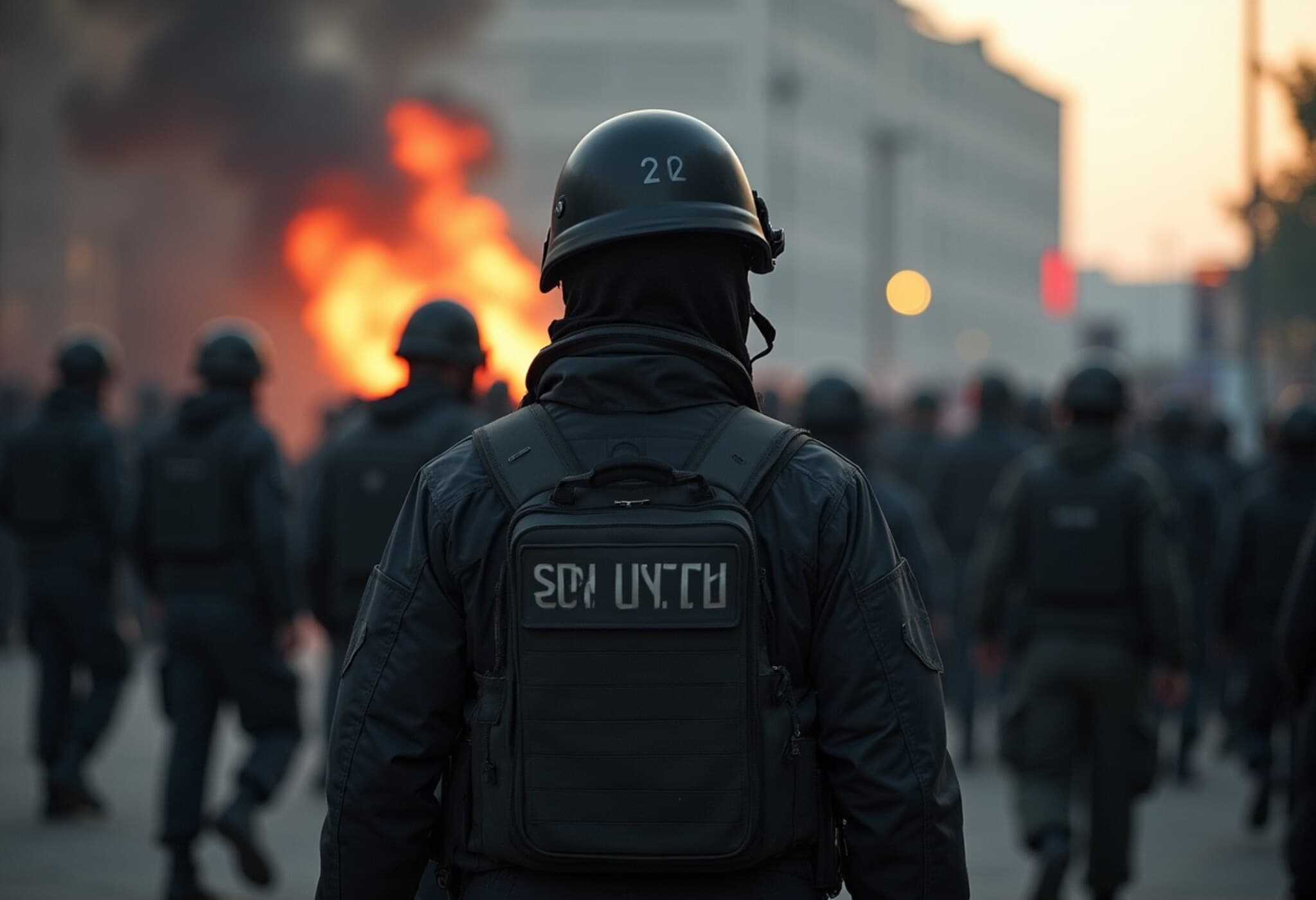Iran Executes Two Men Over Alleged Ties to Mossad and Islamic State
In a stark demonstration of Tehran's resolve to clamp down on what it calls foreign espionage and militant threats, Iran has executed two individuals convicted of espionage and terrorism. One man was accused of spying for Israel’s Mossad intelligence agency, while the other was linked to the Islamic State (IS) terrorist group.
Details Behind the Executions
The executions followed the decision by Iran’s Supreme Court to uphold death sentences handed down by lower courts, confirming that legal procedures were followed in both cases. The Iranian judiciary revealed that Rouzbeh Vadi was charged with providing classified information to Mossad, including details about an Iranian nuclear scientist killed in Israeli airstrikes in June 2025. According to Iranian state reports, Vadi met Mossad operatives at least five times in Vienna, Austria, using his sensitive access within Iranian agencies to relay intelligence.
Meanwhile, Mehdi Asgharzadeh was convicted of being an IS operative who received military training in Syria and Iraq and subsequently infiltrated Iran with a team planning sabotage. Iranian security forces reportedly killed other members of his four-man cell during a confrontation.
Context of Espionage and Counterterrorism in Iran
These executions are part of a larger pattern as Tehran aggressively targets perceived foreign intelligence networks and militant groups operating inside its borders. Iran has routinely accused Israel of conducting sabotage operations and espionage, resulting in mass arrests and severe legal consequences for accused spies.
In the past year alone, multiple individuals have been executed on similar charges, such as those linked to drone attacks on defense sites, alleged meetings with Mossad leadership, or covert training in foreign countries. Notably, the May 2025 execution of Pedram Madani, convicted of spying for Israel, underlines the persistent tensions between Tehran and Jerusalem.
Expert Perspective: Regional Security and Legal Implications
From an expert’s viewpoint, these executions highlight the complex security dynamics in the Middle East, where intelligence and counterintelligence measures are deeply entwined with geopolitical rivalries. The use of capital punishment in espionage cases remains controversial internationally but underscores Iran’s determination to deter what it perceives as existential threats.
Additionally, questions linger about the fairness of trials in such politically charged cases, especially concerning confessions broadcast on state media, which critics argue may involve coercion. This raises broader debates over human rights standards and due process in Iran's judicial system.
What This Means for US Policy and Regional Stability
For U.S. policymakers and analysts, Iran’s intensified crackdown signals both a defensive posture to protect sensitive programs and an offensive message against adversaries. It adds layers of complexity to ongoing efforts aimed at curtailing Iran’s nuclear ambitions and countering terrorist threats linked to IS and other groups.
Moreover, these developments could impact diplomatic negotiations, sanctions strategies, and regional alliances, prompting a recalibration of intelligence-sharing and security cooperation among stakeholders.
Summary and Implications
- Two men executed: One accused of spying for Mossad, the other linked to IS.
- Legal proceedings: Supreme Court confirmed sentences and claimed due process was observed.
- Continued tensions: Reflects Iran’s ongoing struggle with foreign intelligence operations and domestic terrorism.
- Human rights concerns: Questions raised over confession methods and trial transparency.
- Broader impact: Affects regional security dynamics and international diplomatic relations.














